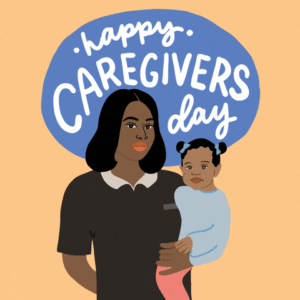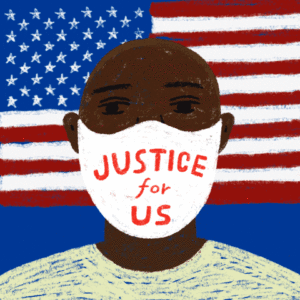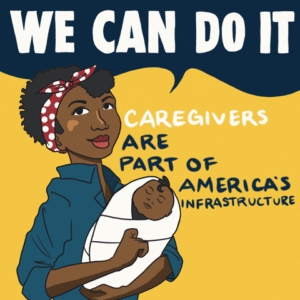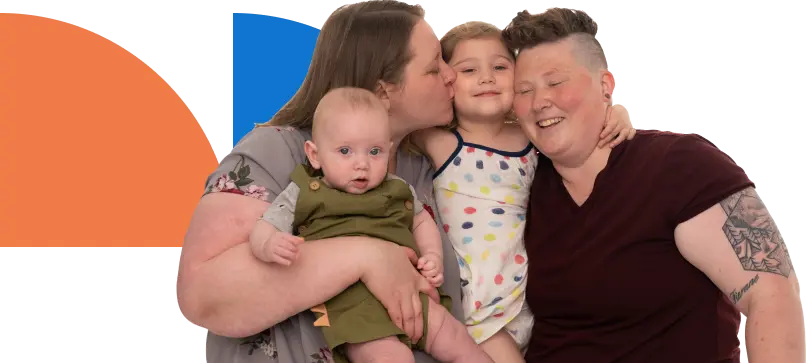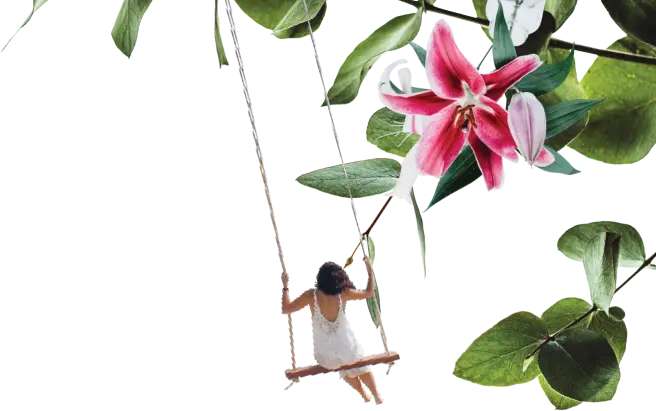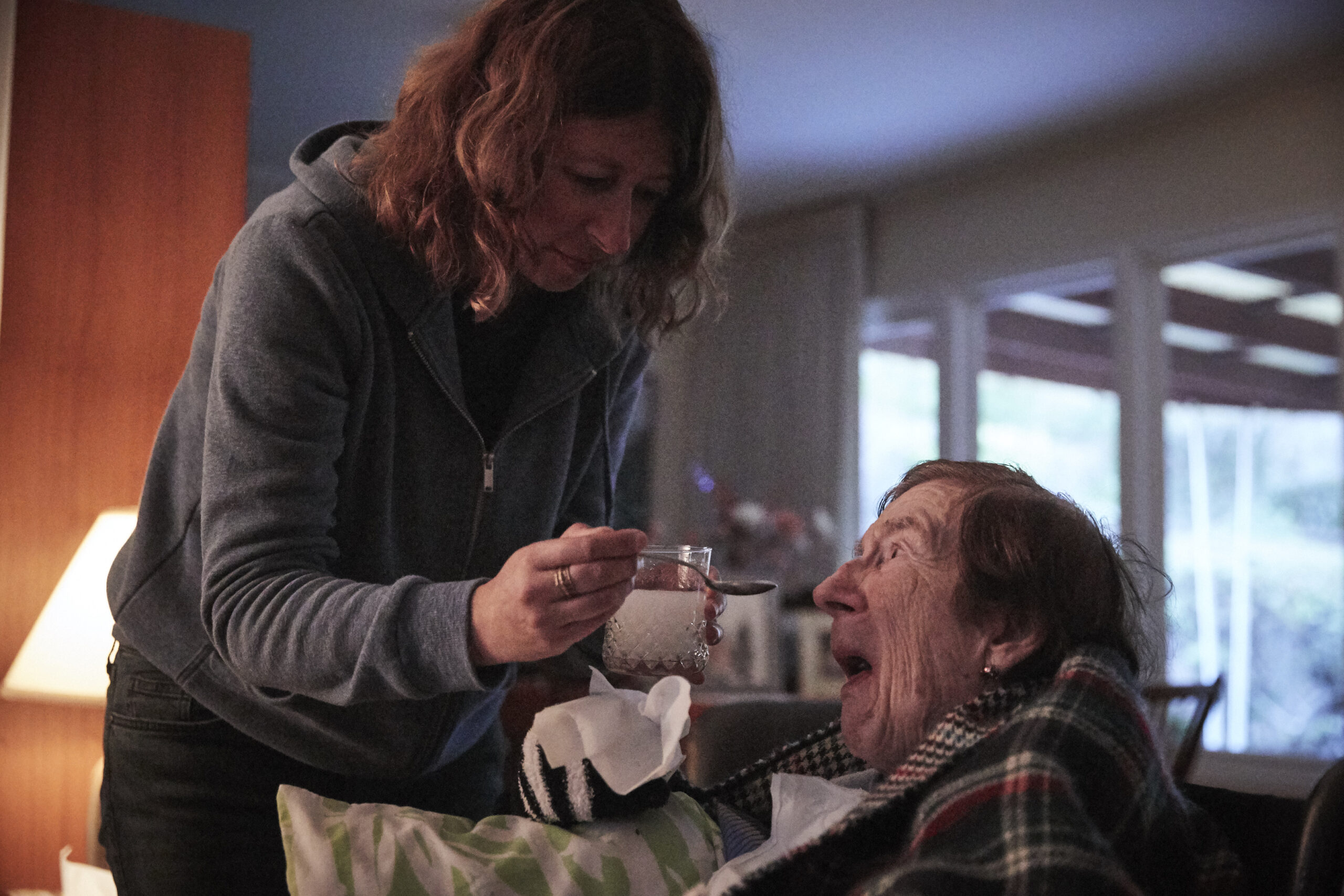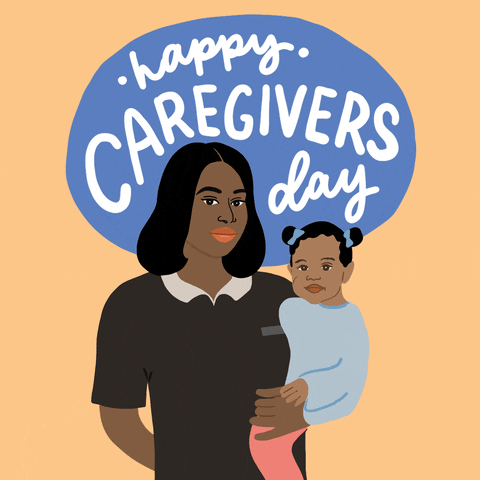
Today is National Caregivers Day, a day when we uplift the essential contributions of caregivers across the nation. And February is Black History Month, when we celebrate the legacy, achievements and potential of Black people, who have long been at the forefront of fighting for justice across all facets of our society, including care.
To honor both National Caregivers Day and Black History Month, we are highlighting what Black caregivers in our new class of Care Fellows and on our staff have to say about caregiving, the legacy of care in the Black community, and the fight for justice in care.
What does being a Black caregiver mean to you?
“As a gen-x Black female caring for my father, who is a disabled air force veteran, I pull from the resilience of my community, my elders, and my ancestors.” – Jerri Brown, 2021 Care Fellow
“To be a Black caregiver means being an advocate and a resource for my elderly mother. I want to make sure that my mom is receiving the quality care to live a full life. I also believe that these resources help me to understand community and also care for myself and my marriage (specifically mental health). It is okay to not be okay, but I am thankful for the tribe that has made my experience so much better.” – Tasha B. Wilson, 2021 Care Fellow
“I’m only one person – one child, one grandchild, one wife, and one day, one mother. Yet I carry the weight of everyone’s financial stability, physical and mental wellness, while striving to economically provide for my family the independence and freedoms they fought so hard to secure as immigrants many decades ago. The sad part – it’s not even close to a unique or original experience. Just the expectation of black and immigrant women to lead and serve without complaint or support.” – Rebekah Alexander, CAG Individual Giving Manager
“Being a Black caregiver means that I draw on ancestral strength and community care as I fight this uphill battle against health disparities, systemic oppression, and generational trauma. I understand the assignment to take care of those who once took such phenomenal care of me, protecting their dignity and their peace by any means necessary.” – Aisha Adkins, CAG Constituency Organizer
How do you experience the legacy of caregiving in the Black community?
“Family caregiving is so common in the black community with intergenerational living and multi-family housing that the thought of asking for resources or support was unfamiliar for the generations before me. However, for me, I’m both grateful and honored to carry on the legacy of family caregiving, in addition to practicing self-preservation for my own health and wellness.” – Jerri Brown, 2021 Care Fellow
“Generational expectations and labors of love. I’m the oldest of 6, and the most gainfully employed, including my grandmother’s 5 living children. That means I’m “expected” to care for my mom & gramma. Their economic, mental and physical care falls on me to navigate. It’s an inheritance I watched my gramma navigate with her mom…and I carry the tradition of Black family care.” – Malcolm Harris, CAG California Campaigns Manager
How do care and racial justice intersect?
“The black community has always shown strength and fortitude in our fight to simply exist in society, and caregiving is no different. When the odds are against us, we come out better and stronger, even as family caregivers.” – Jerri Brown, 2021 Care Fellow
“Being a Black working caregiver means that I often navigate systems created as a way to exclude me and my family. Black family caregivers hold a crushing amount—inequitable access to medicine, poorer treatment quality, and distrust of the care system. We age with a higher rate of health conditions, affecting our life span and quality of life; many of these conditions are due to the lack of access to quality care throughout our lives, and the limits of policies that support our responsibilities.” – Sadé Dozan, CAG Director of Development
“Whether paid or not, recognizing all the labors and economic costs Black women pay to uplift our families is both a racial and economic justice issue our generation will have to contend with for our communities to be truly served.” – Rebekah Alexander, CAG Individual Giving Manager
